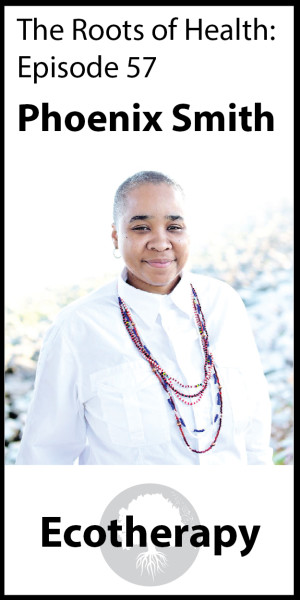 Click here to go right to the show in iTunes or on Stitcher or on WebTalkRadio.net.
Click here to go right to the show in iTunes or on Stitcher or on WebTalkRadio.net.
How would you feel if you had headaches and you were stressed out and you couldn’t figure out what was wrong but you wanted to feel right again. And you went to your doctor and they did a medical intake, and talked to you about what was going on in your life, and then they left you with a prescription, a prescription to go outside and spend time in nature.
This might actually happen today. There is growing evidence that time spent in nature is healing to a body.
I was recently introduced to the field of ecotherapy when I stumbled across an article and video in The Atlantic. Ecotherapy is an emerging field of care that facilitates healing by introducing nature into your equation. I recently talked with Phoenix Smith, a certified Ecotherapist, about what exactly ecotherapy is, and what health conditions can be treated by ecotherapy, and how exactly does nature heal us.
We discuss what ecotherapy is and all of the different types of evidence-based ecotherapy approaches, find out if ecotherapy is right for you, what nature deficit disorder is, what sets us up for nature deficit disorder, what health issues can be addressed using ecotherapy (anxiety, depression, lack of creativity, trauma, isolation, other mental health issues), we chat about how nature heals, the explosion of the awareness of nature as a healer, and what it’s like to work with an ecotherapist.
There are many resources out there for you to learn more about ecotherapy and ways for you to reconnect with nature. There’s the Healthy Parks, Healthy People campaign and the Children and Nature Network. You can also pick up Richard Louv’s book Last Child in the Woods, Theodore Roszak’s book The Voice of the Earth, or Howard Clinebell’s book Ecotherapy: Healing Ourselves, Healing the Earth.
Phoenix’s Bio:
Phoenix Smith, MSW has been a certified Ecotherapist for the past 5 years. She provides ecotherapy through teaching, community engagement and ceremonies designed to awaken, restore and heal our connections to the natural world. Her work has been featured in a video and article entitled: The Nature Cure in the national magazine The Atlantic.www.ecosoulwisdom.org
Music by Audionautix.com and Listening Earth.
You can subscribe to The Roots of Health at WebTalkRadio.net, iTunes, and Stitcher.
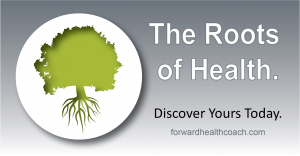
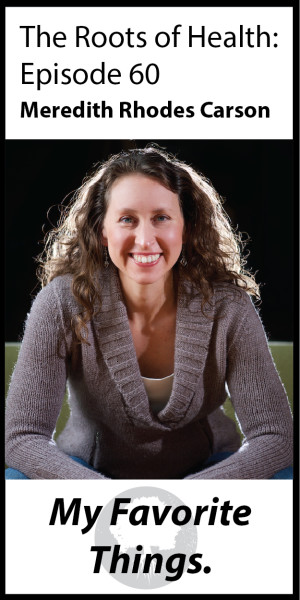 Click here to go right to the show in iTunes or on Stitcher or on WebTalkRadio.net.
Click here to go right to the show in iTunes or on Stitcher or on WebTalkRadio.net.

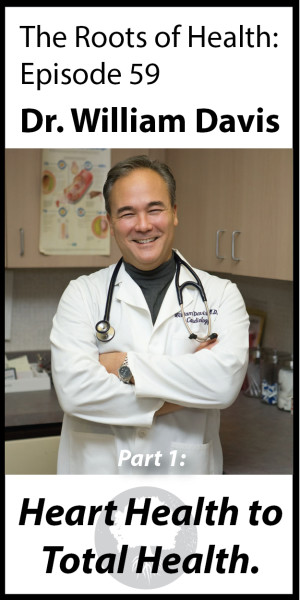
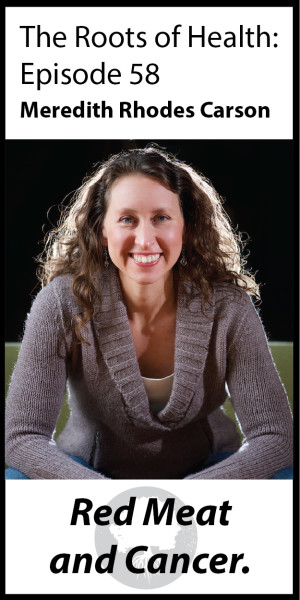

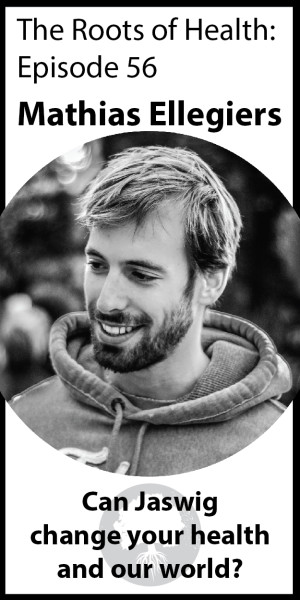
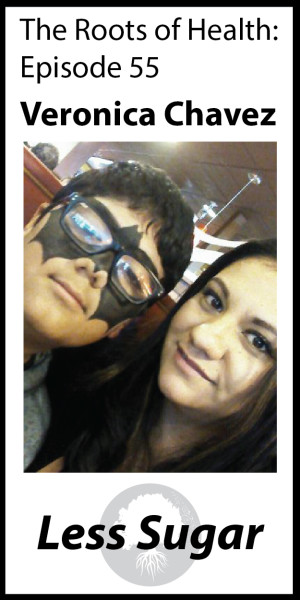
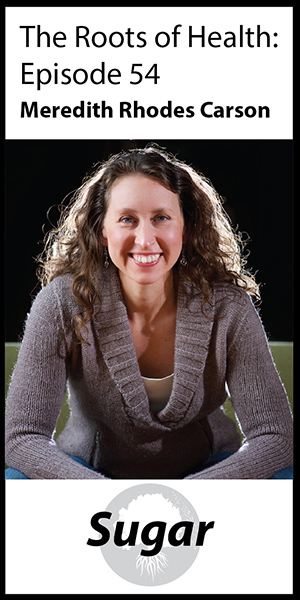
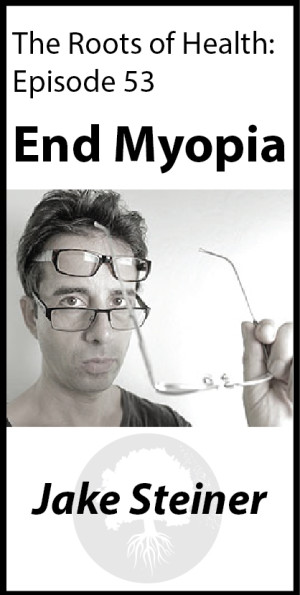
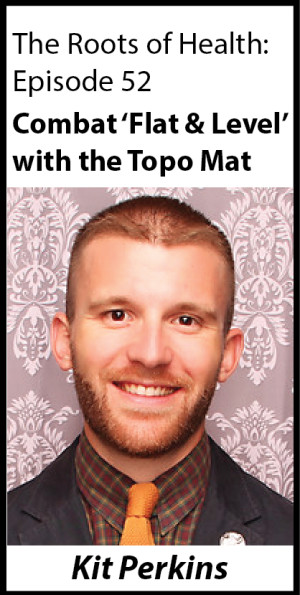

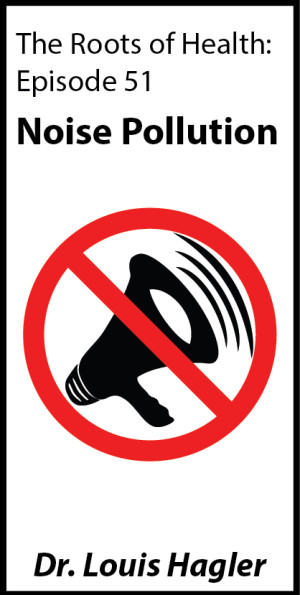 Click here to go right to the show in
Click here to go right to the show in